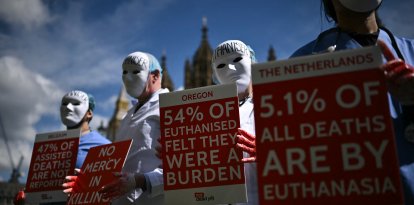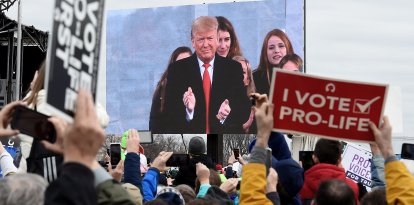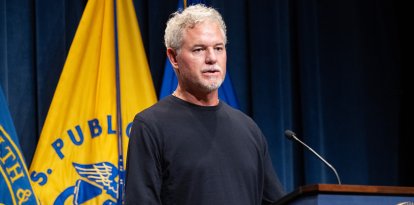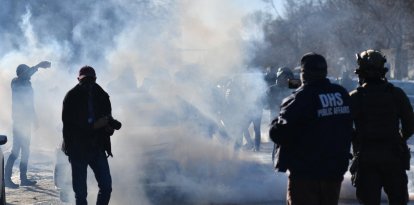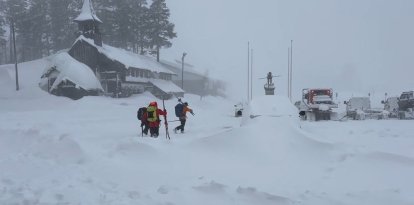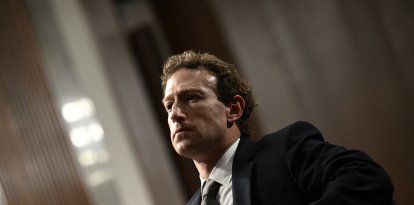Top researchers warn Biden's climate emergency declaration could "undermine" democracy
Biden would be "basically declaring himself a dictator" for environmentalism, said Dr. H. Sterling Burnett of the Heartland Institute emphatically.

Joe Biden; crisis climática / Gage Skidmore
Nearly two weeks ago, on August 9, President Joe Biden wrongfully claimed that he had declared a climate emergency. However, when pressed again whether he had officially declared a climate emergency, he said: "practically speaking, yes."
According to the Democrat, his administration is the one that has done the most to combat climate change, explaining that under his mandate "we’ve conserved more land, we’ve rejoined the Paris Climate Accords, we’ve passed the $368 billion climate control facility. We’re moving. It is the existential threat to humanity."
However, environmentalists cried foul, because taking climate action, whether executive or legislative, is not the same as declaring an emergency.
"This summer, we experienced the hottest days in the past 125,000 years, wildfire smoke has filled the lungs of people across the country, people are losing their homes and literally jumping into the ocean to avoid flames," criticized Varshini Prakash, executive director of the progressive climate advocacy group Sunrise Movement, in a statement.
However, beyond the climate discussion between radical progressives and more moderate progressives, there is a much broader political debate: the dangers posed to the separation of powers by a climate emergency.
Dr. H. Sterling Burnett, a senior fellow at the Heartland Institute specializing in climate issues, told Just the News that an emergency in the name of climate change could actually undermine citizen's opinions and be a real danger to American democracy.
"We saw him [Biden] say he’d done it [declare the climate emergency] ... [or] virtually did it," Dr. Burnett testified. "Well, virtually isn't doing it, but that doesn't mean he won't do it in the future because he is talking about it."
The senior researcher said that there is a "constant drumbeat from environmentalists in the progressive wing of the party to do this," however, he points out that this group is a loud minority, but a minority nonetheless.
"The people really pushing for a climate emergency are the fringe in the party. Everyone thinks that people want them to do something big about climate change, but poll after poll shows" that Americans are unwilling or unwilling to make the concessions necessary to fight so-called climate change, he said.
According to Burnett, the option of declaring a climate emergency is also not desirable in an electoral context, although he warns that, in the wake of the fires in Maui, Hawaii, it could be an interesting time to take a controversial measure of this caliber.
According to the Heartland Institute researcher, in the case of declaring a climate emergency, President Biden would be "basically declaring himself a dictator" for environmentalism, because that decision would give him "tremendous powers, that whole range of authority to dictate things in the economy and people's actions."
But the move could also be a shot in the foot for Biden, considering the election is just around the corner and voters could punish a controversial decision at the ballot box.
Emergency declarations not only have a negative connotation within conservative groups, the left-leaning Brennan Center for Justice, for example, warns that "overbroad emergency powers provide a ready mechanism for undermining democracy and entrenching political power."
For Tim Steward of the American Oil and Gas Association, a climate declaration could give Biden powers similar to those he had during the COVID-19 pandemic.
"If you grant the president's emergency powers to declare a climate emergency, it's just like COVID," Steward told Just The News.
"Vast and unchecked authority to shut down everything from communications to infrastructure," concludes Steward.

















